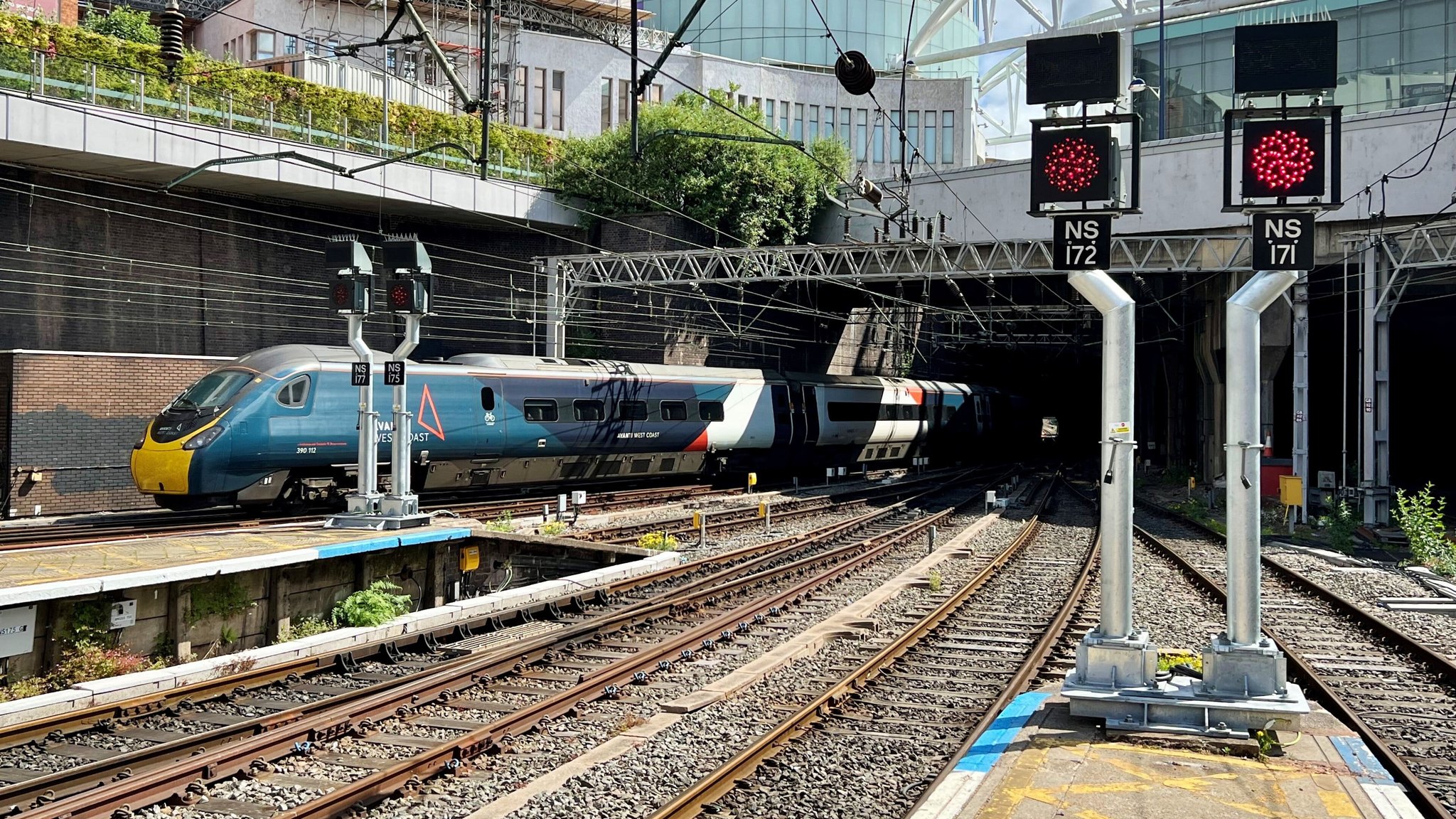 An investigation by the UK’s Competition and Markets Authority (CMA) has found that the EUR 1.7 billion Hitachi-Thales GTS merger could lead to a substantial lessening of competition in the supply of digital mainline and urban signalling rail systems.
An investigation by the UK’s Competition and Markets Authority (CMA) has found that the EUR 1.7 billion Hitachi-Thales GTS merger could lead to a substantial lessening of competition in the supply of digital mainline and urban signalling rail systems.
The authority says that the merger could reduce choice for Network Rail and Transport for London (TfL), impacting cost and service quality for passengers.
The CMA’s independent Inquiry Group considered the impact of the merger on mainline signalling. The Inquiry Group has provisionally found that Thales and Hitachi are well placed to compete to deliver mainline signalling projects in the Great Britain. Should the merger go ahead, there would be fewer credible bidders remaining for digital mainline signalling tenders, which could raise costs for Network Rail and negatively impact the digitalisation of the UK’s rail network.
The CMA also assessed the impact of the merger on competition to replace the signalling systems on London’s highly complex underground lines. The Inquiry Group has provisionally found that the transaction could reduce the limited number of global suppliers with the capabilities to challenge Thales, the main provider of signalling systems to London Underground, reducing competition for future urban signalling tenders in the UK, particularly London.
Hitachi and Thales SA’s Ground Transportation business are two of the leading global suppliers of signalling systems for mainline and urban railway networks, alongside Siemens and Alstom.
Overall, the Inquiry Group provisionally concluded that the Hitachi-Thales GTS merger is likely to reduce choice, options, and competition in markets where there are only very few competitors and could lead to worse outcomes for Network Rail and London Underground with an adverse knock-on effect on passengers and taxpayers.
In the UK, Network Rail is planning to upgrade much of the country’s rail signalling system over the next decade, deploying new digital technologies. Transport for London (TfL) is also expected to begin replacing the signalling systems on two of London’s main underground lines over a similar period. Historically, a very small number of suppliers have dominated the provision of both mainline and urban rail signalling systems in the UK.
As in the UK, “millions of pounds” are spent every year to maintain and upgrade the signalling systems, “healthy competition in this market is essential to support innovation as well as to keep costs down,” Stuart McIntosh, chair of the independent Inquiry Group, said.
The CMA will now consult on its provisional findings and potential remedies to ensure competition is protected in the supply of both digital mainline and urban signalling in the UK. This could range from requiring Hitachi or Thales to sell parts of their existing businesses to prohibiting the merger altogether.
Share on:



